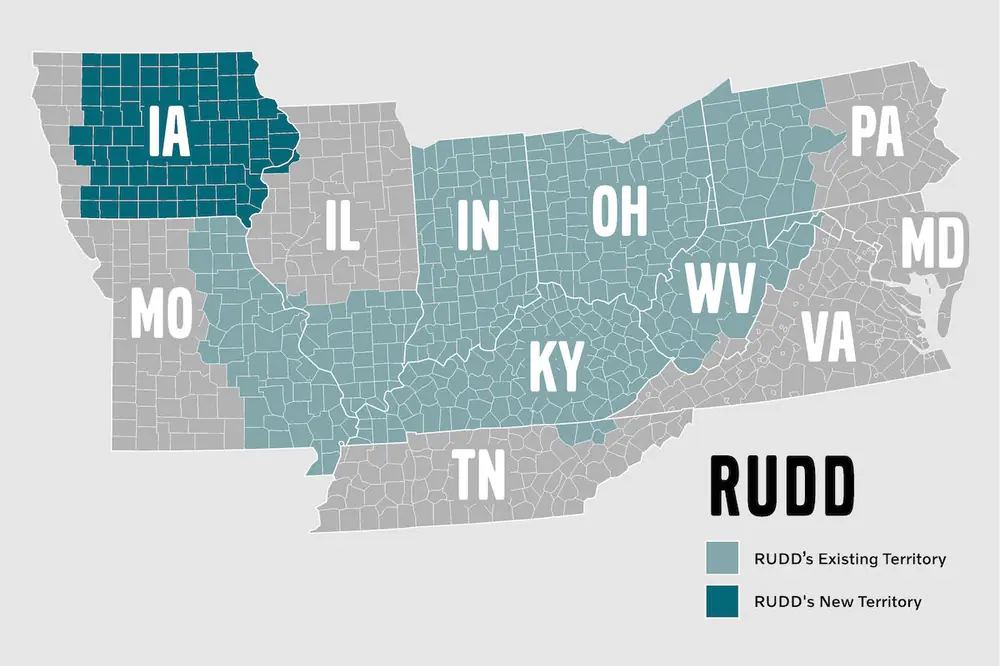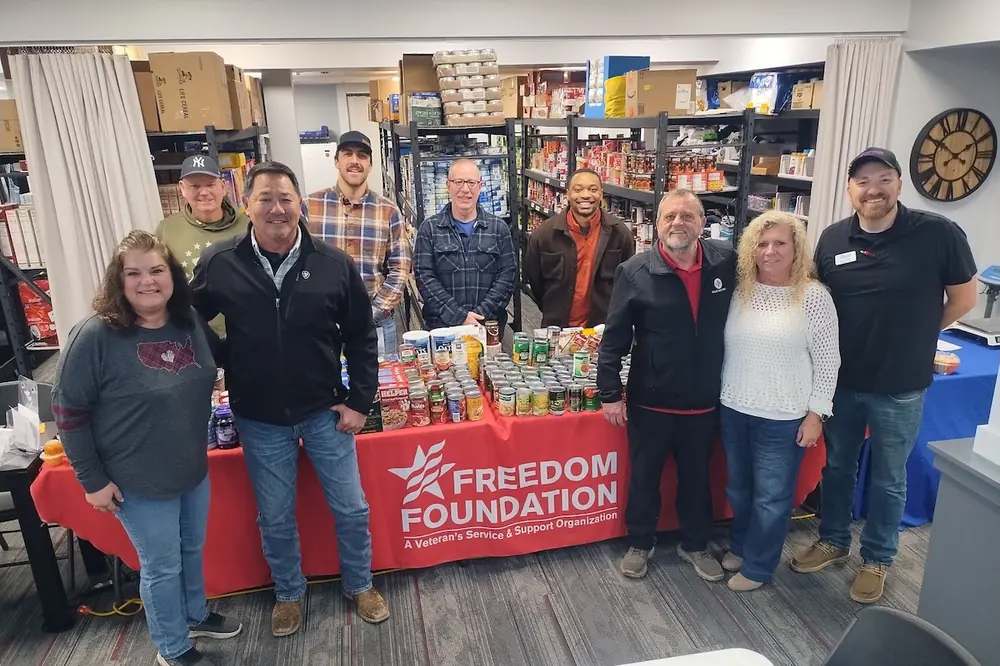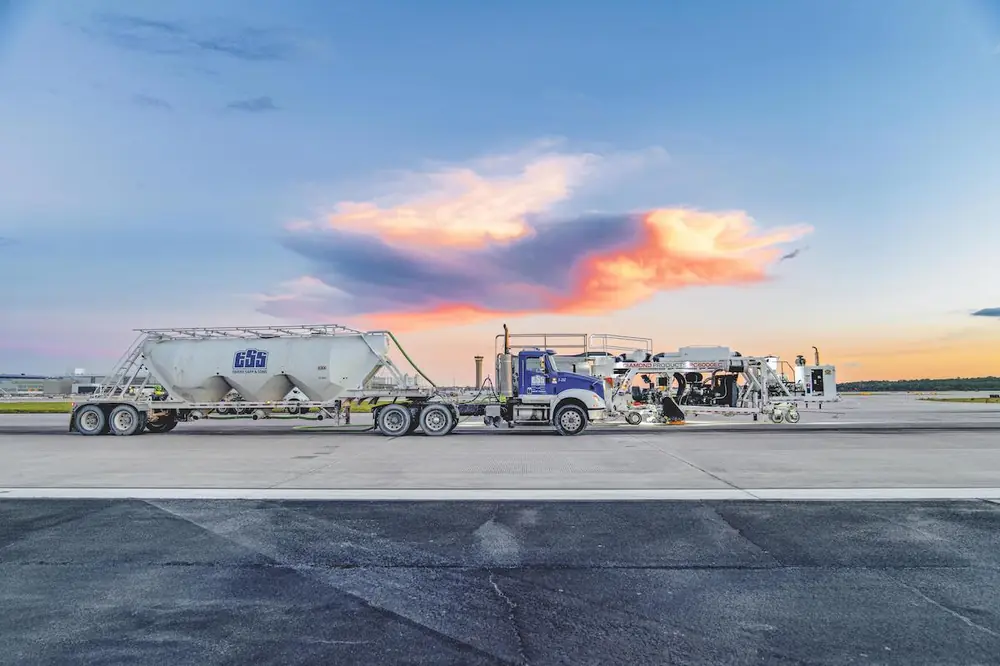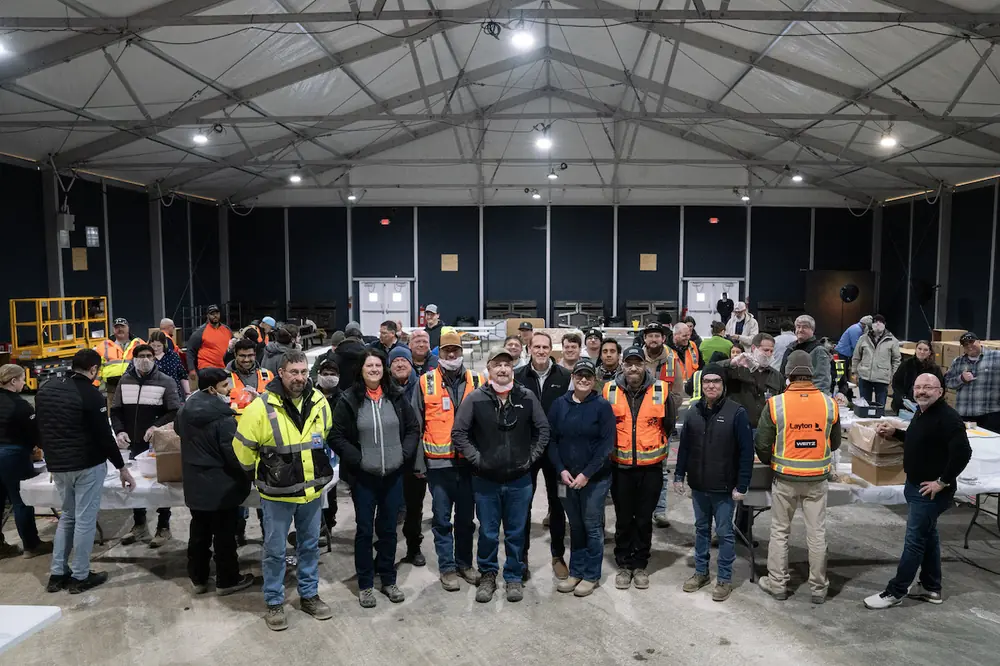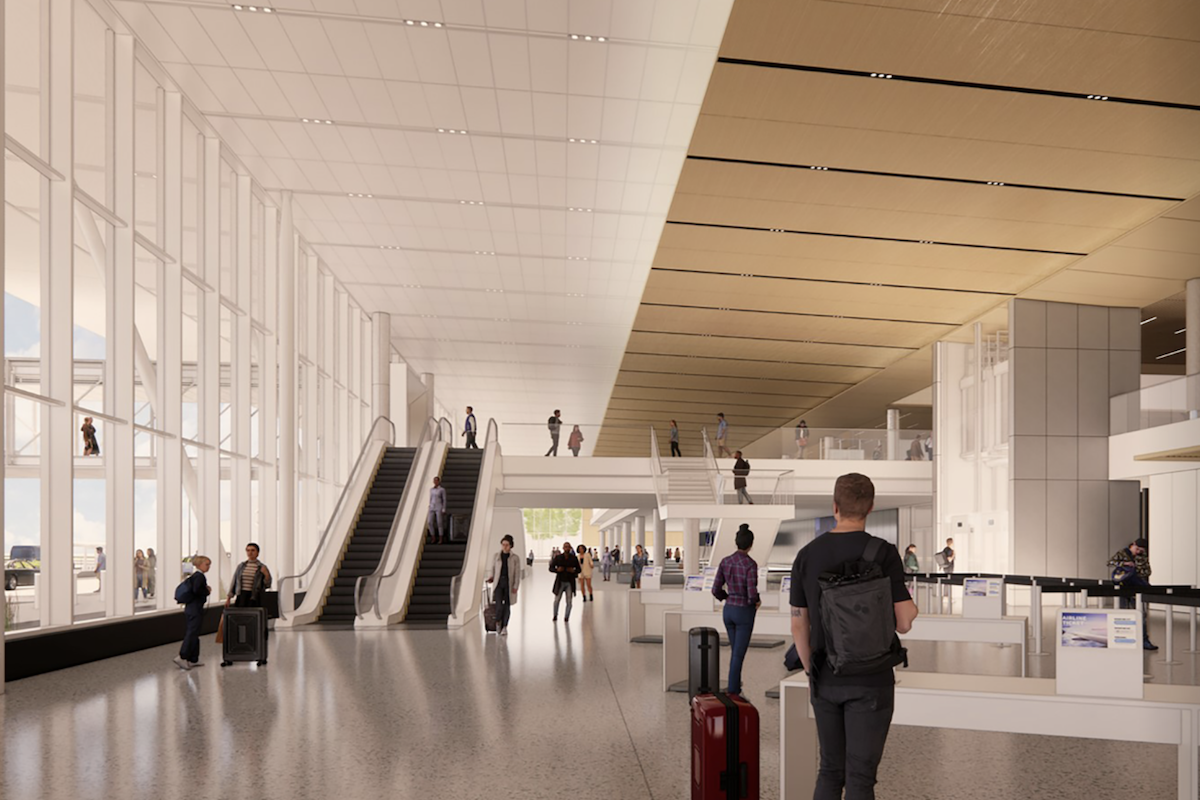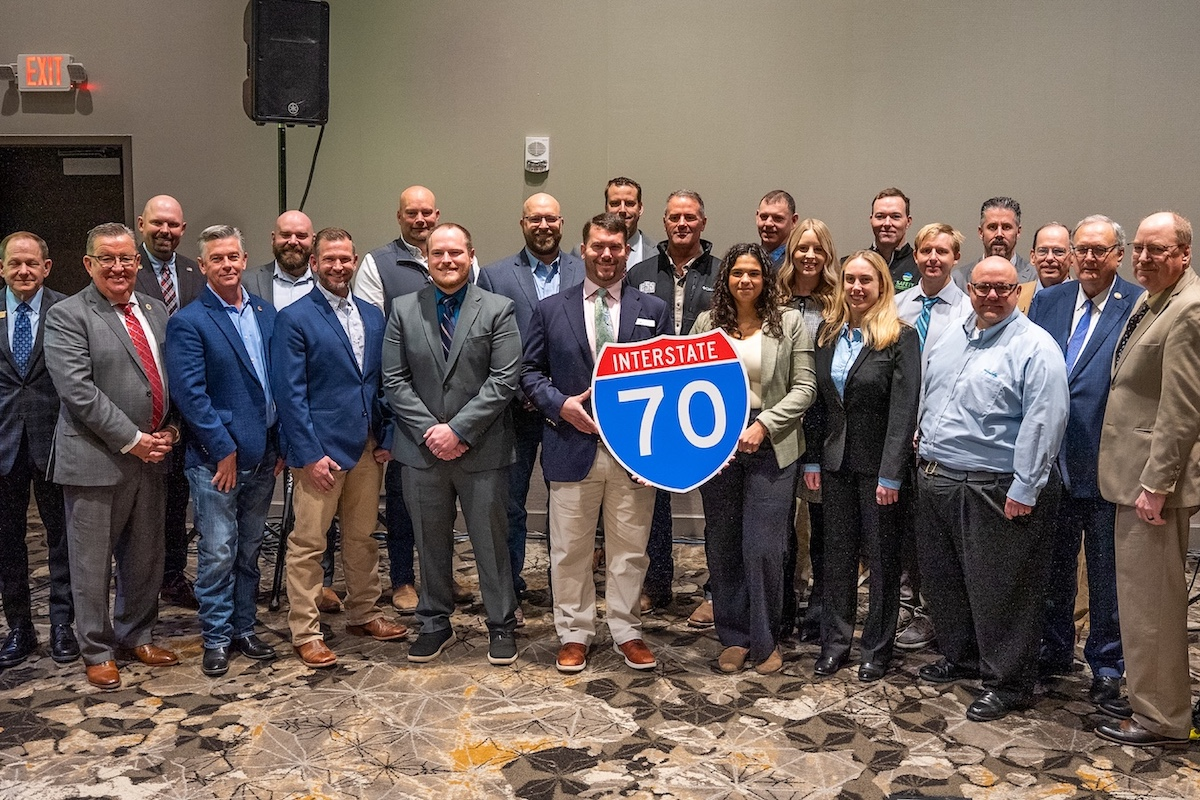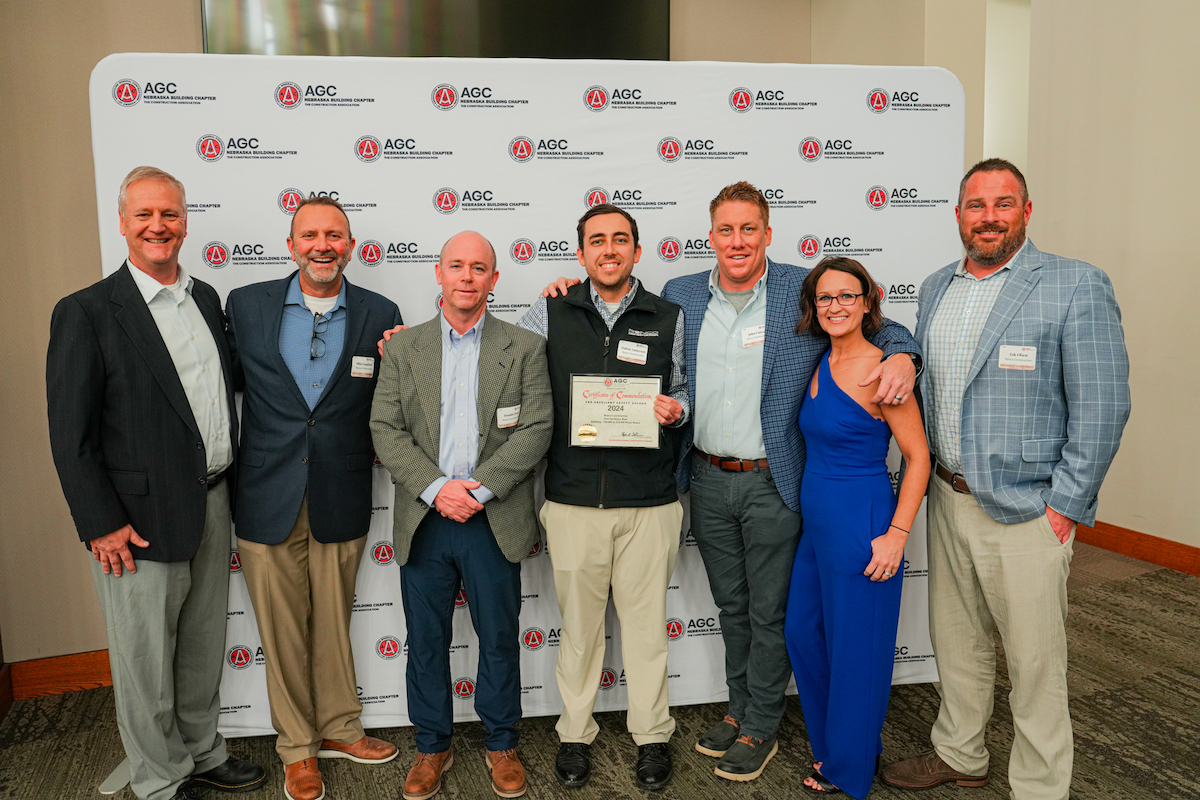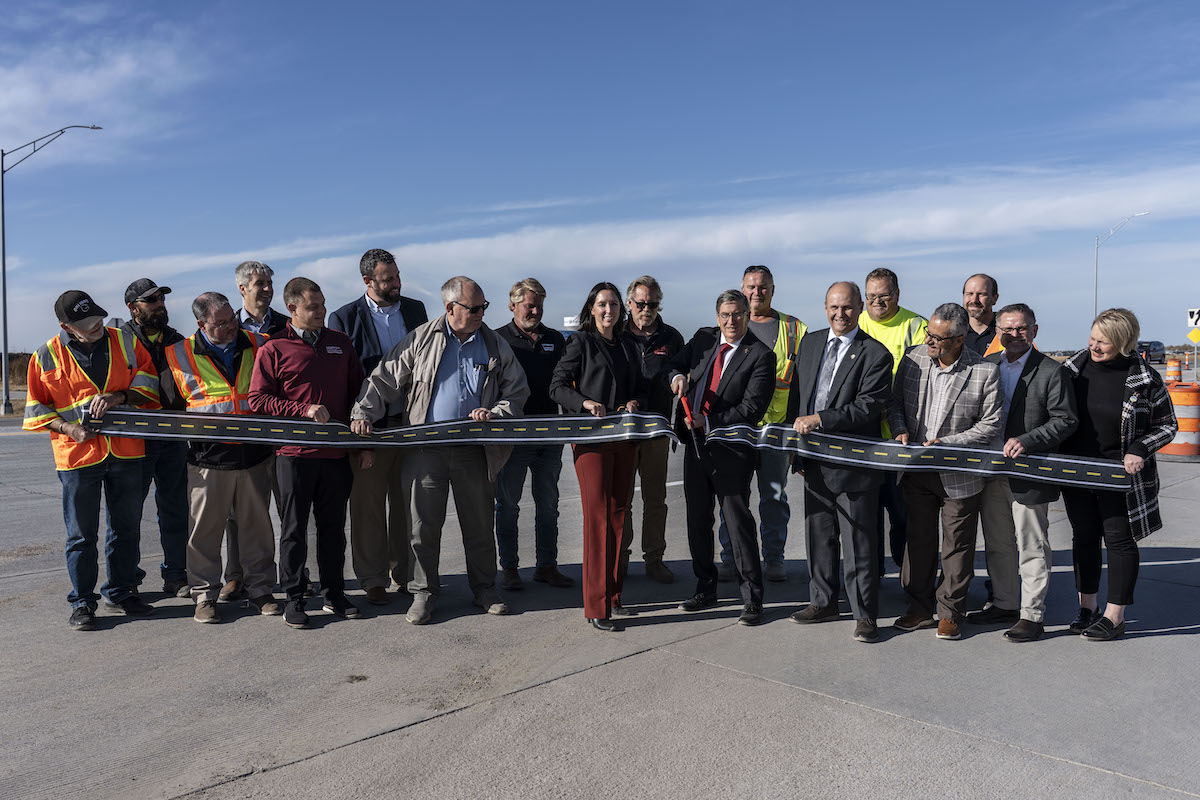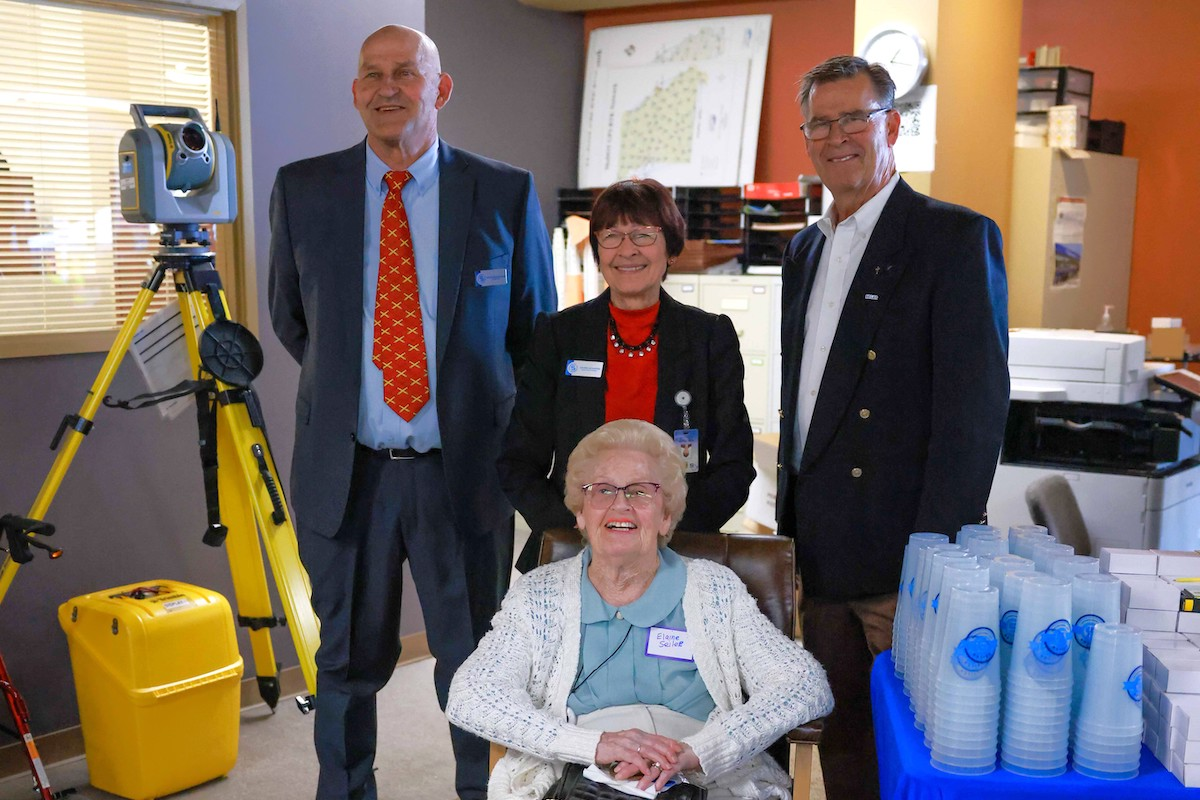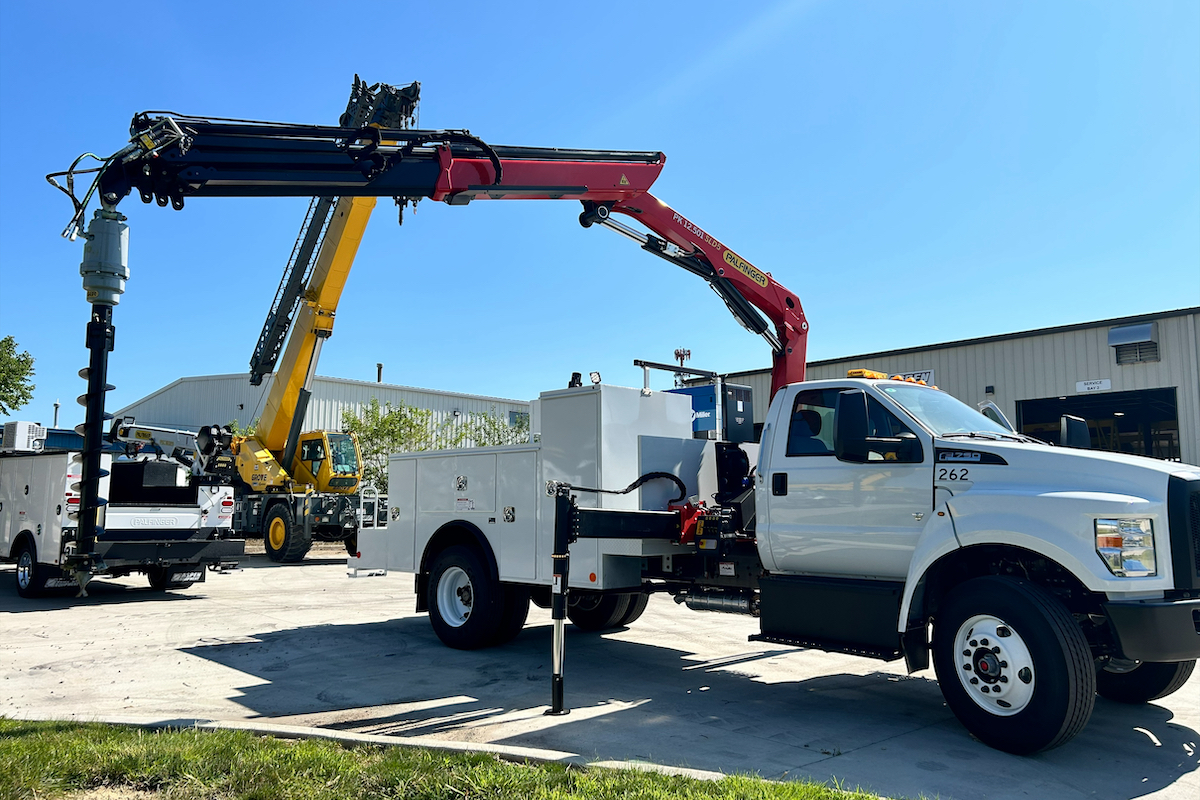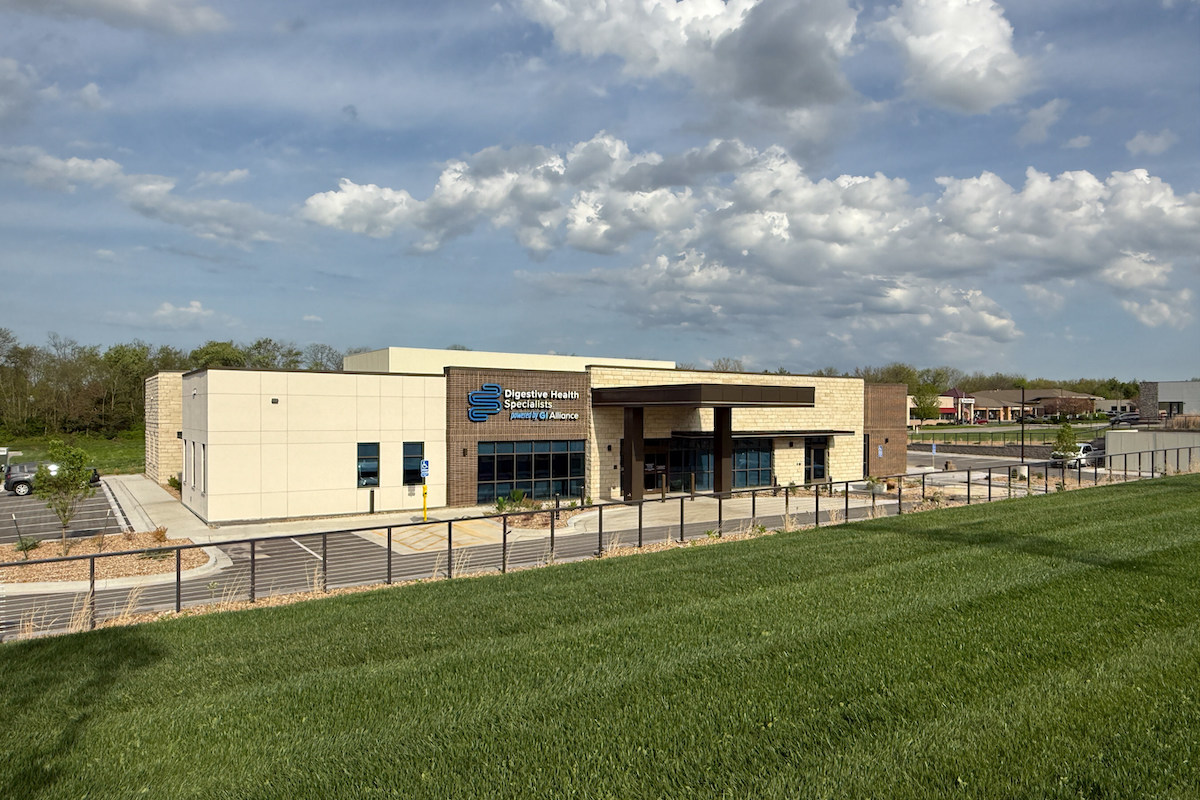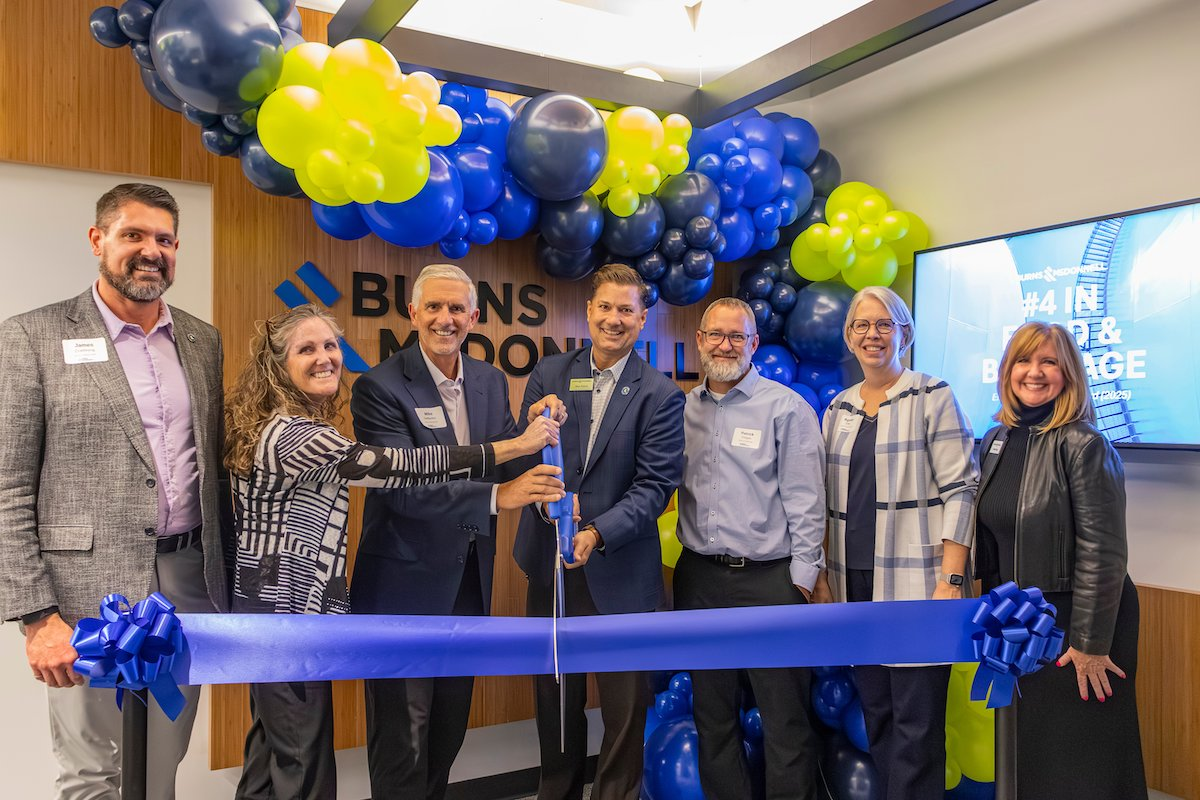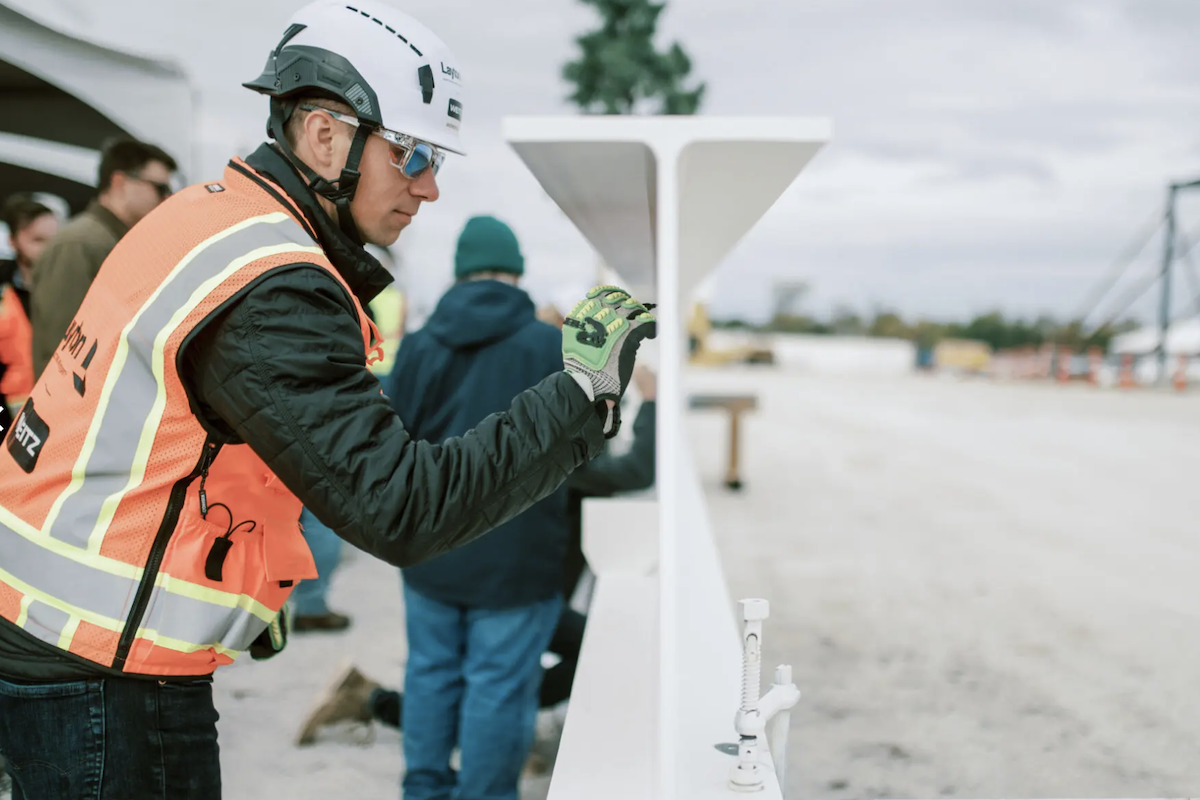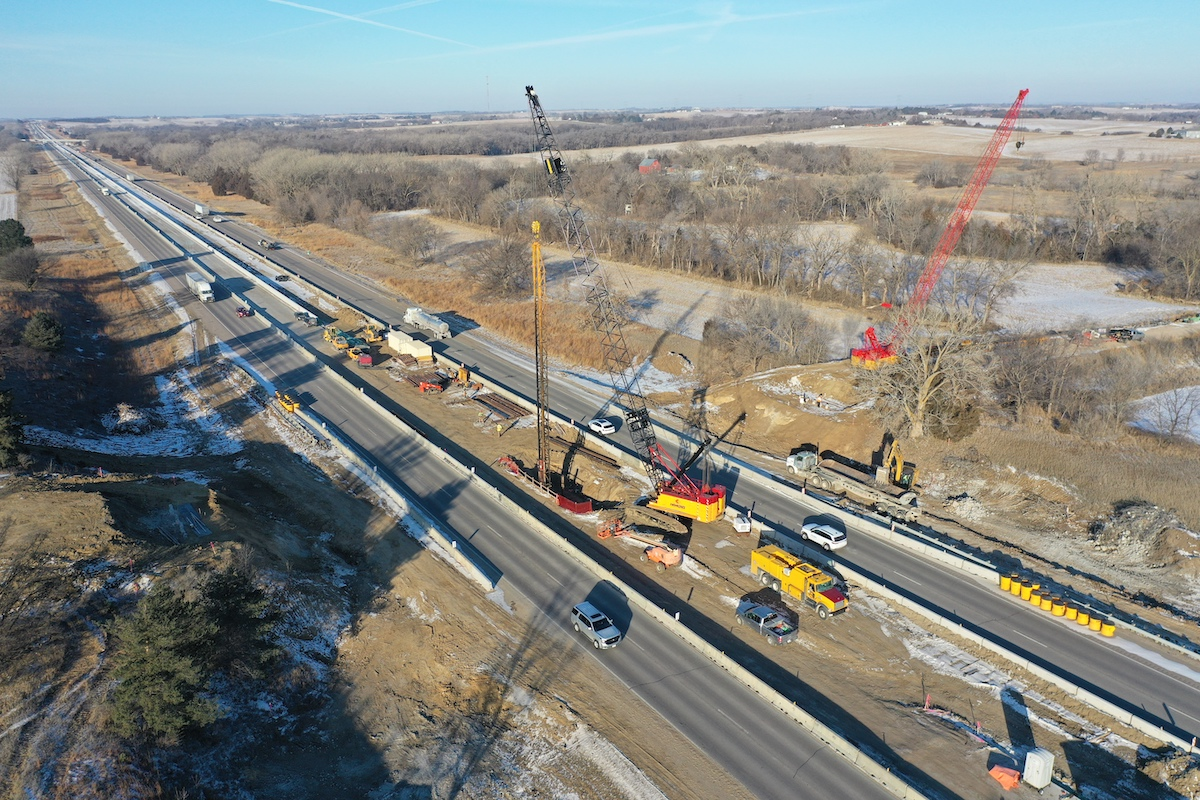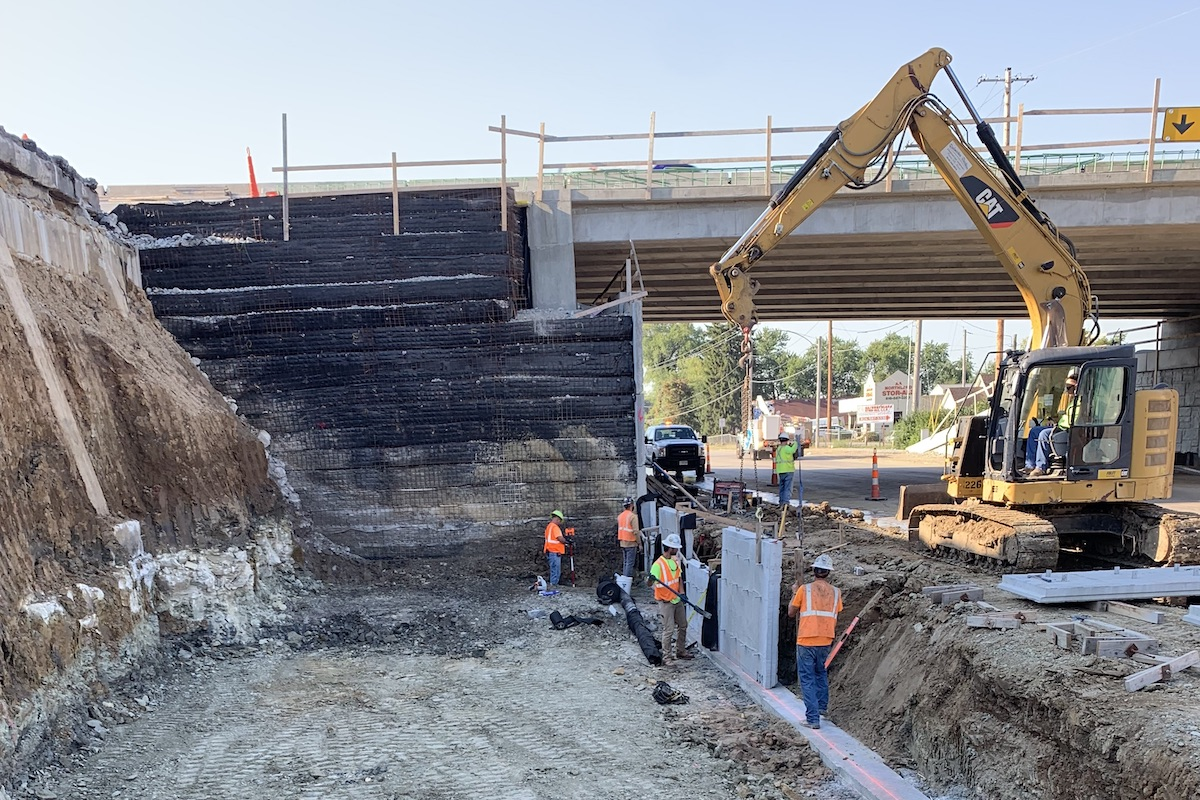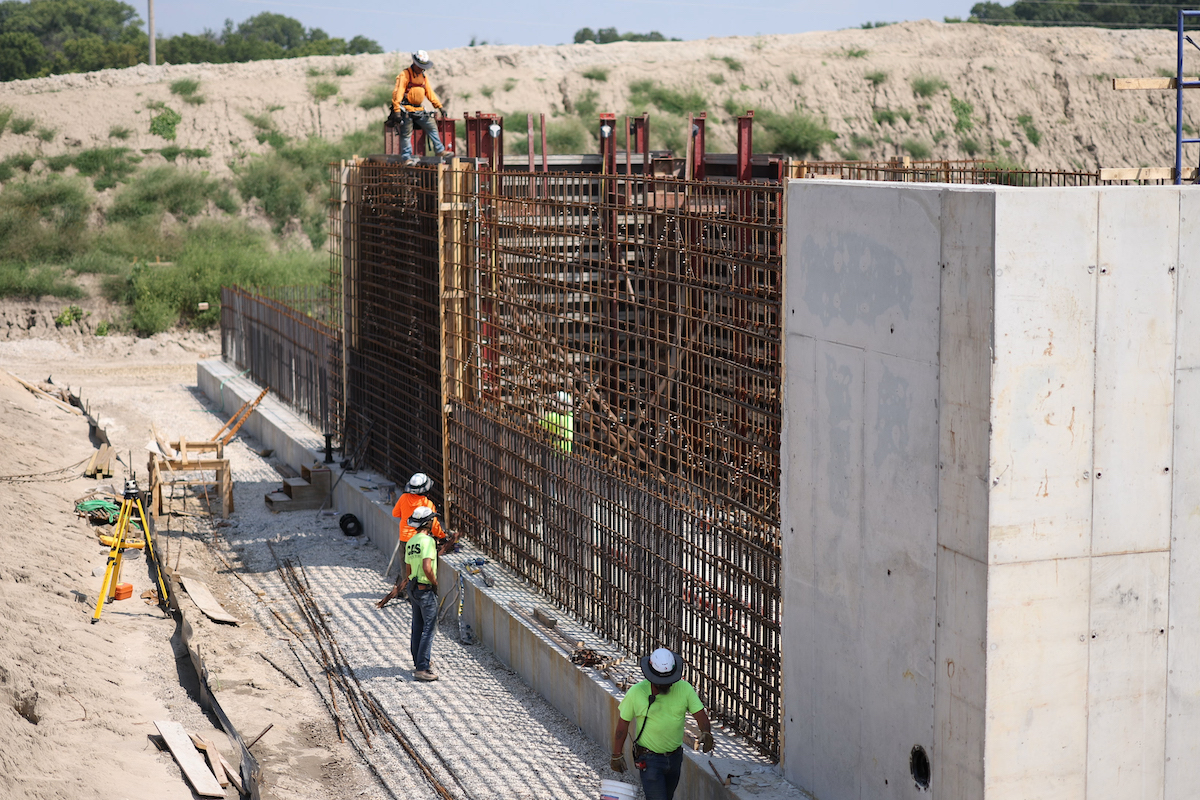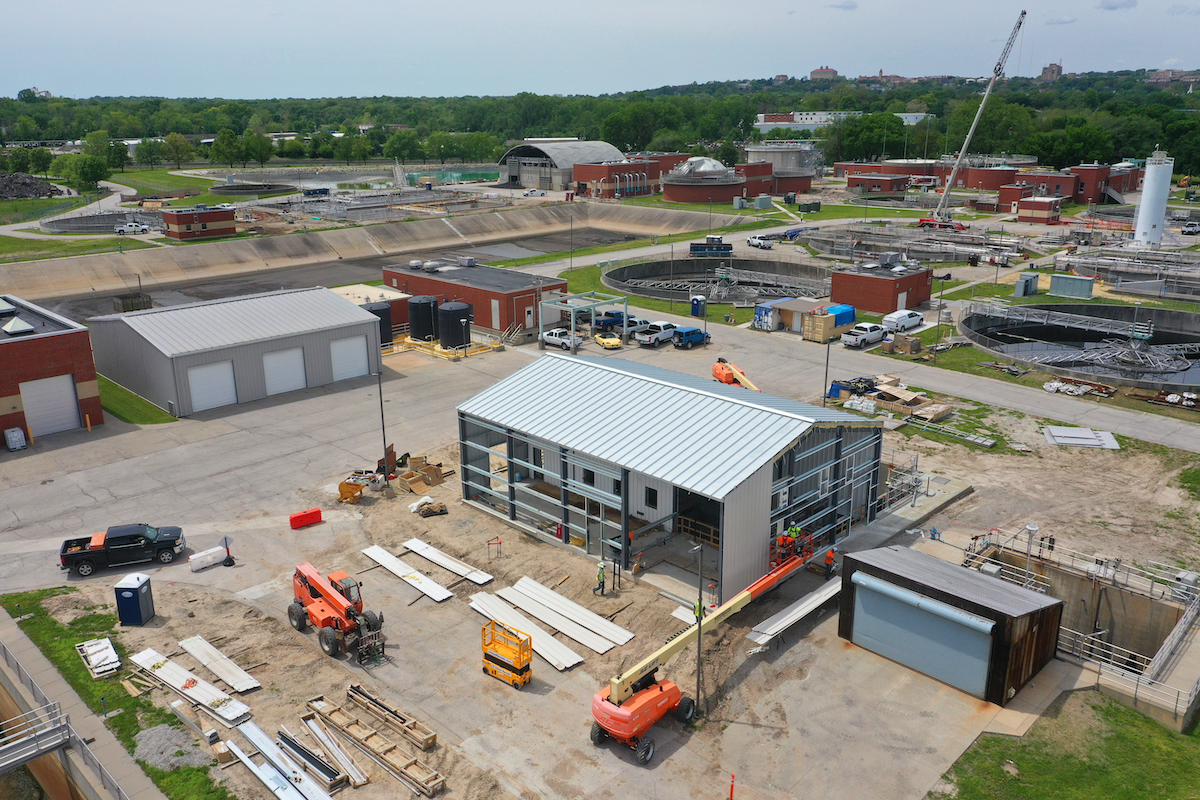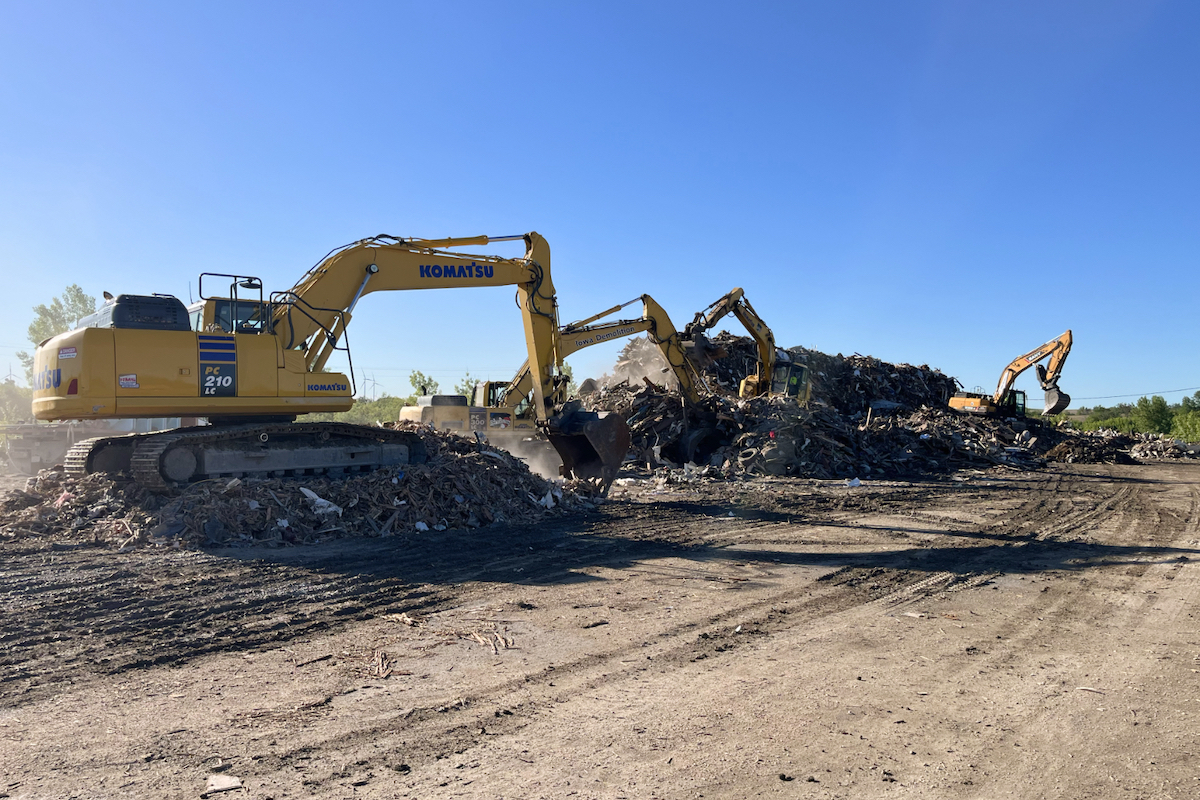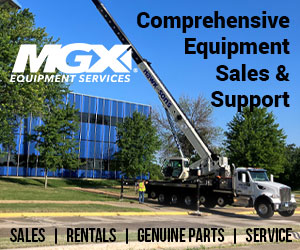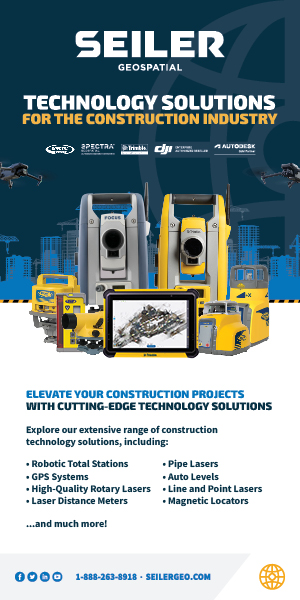To ensure I-15 could continue to serve the area as needed, NDOT worked on a few projects to widen and enhance I-15. The current project is the final phase of improvements associated with the I-15 North Corridor Environmental Assessment, which was released in May 2007.
“The purpose is to accommodate present and future traffic demand, to relieve congestion, and improve the operational characteristic of the I-15 Corridor in response to continued development and the resultant traffic growth in the Las Vegas Valley,” says Christine Chia, the NDOT Project Manager on the project. The project, which covers 11 miles of I-15, is an extension of the original area covered in the study. The extension of the project is to allow for contiguous improvements on the route between two areas.
Other project elements include drainage improvements, bridge rehabilitation, and widening, a highway maintenance facility, landscape and aesthetic enhancements, improved and additional lighting, and three new truck parking areas. The landscape and aesthetic enhancements include Flora Fauna image panels and textural strata of decorative rock to match the geological forces of the area.
This has occurred due to the contractor removing the existing roadway markings and shifting the travel lanes to allow for the setup of approximately 60,000 LF of portable precast concrete barrier rail. “This will allow the project to be constructed so that approximately 70 percent of the project can be constructed without needing daytime lane closures,” O’Connor says.

| Your local Topcon Positioning Systems Inc dealer |
|---|
| Star Equipment LTD |
O’Connor expects this to be the biggest challenge “especially as we move towards an area of the project that doesn’t have enough real estate between bridge abutments and bridge piers to allow for being able to construct the project while maintaining the existing number of travel lanes.”
The scope includes improving existing drainage features that cross under mainline I-15, and full-depth construction sections that present a challenge due to the two railroad structures that span over I-15. “In an effort to shorten the time that I-15 will be restricted to one lane of travel, we are analyzing the cost benefits of accelerated work schedule in these areas,” says NDOT resident engineer Megan Ko.
Another challenge is related to the Las Vegas Bearpoppy, a critically endangered plant that has been identified within the project’s limits and requires protection and/or relocation. “A lot of additional efforts are required to ensure that the construction activity and improvements do not adversely impact the Bearpoppy,” Ko says. “Through training, communication, coordination, and mitigation practices, we have been successful at protecting the Las Vegas Bearpoppy.”
Other challenges are related to staffing. This is because there’s a great deal of construction activity, including large-scale projects, taking place in the Las Vegas Valley. O’Connor notes that driver shortages have already played a factor in the speed of construction and will continue to be a challenge throughout the whole project.
O’Connor notes the company’s long history with NDOT has led to a comfort level between the two. “We know what to expect when it comes to partnering with NDOT.” Besides their experience, the company’s three commercial rock quarries/aggregate sources and two asphalt hot plants will be used for the project. Each of these is conveniently located as they are within an approximate five-mile radius of the project.

| Your local Leica Geosystems Inc dealer |
|---|
| Laser Specialist inc |
Construction on the project began in June 2022 and is scheduled to complete in the middle of 2024. Currently, it’s on schedule. “One of the keys to keeping it on schedule has been a seasoned team of skilled labor and experienced project personnel with the ability to look ahead of the work that is taking place at the present to address possible problems before they can delay the project,” says O’Connor.
When the project is complete, there will be increased compacity along I-15. This will lead to an improvement in travel time reliability, operations, and access to areas planned for development in North Las Vegas.



















